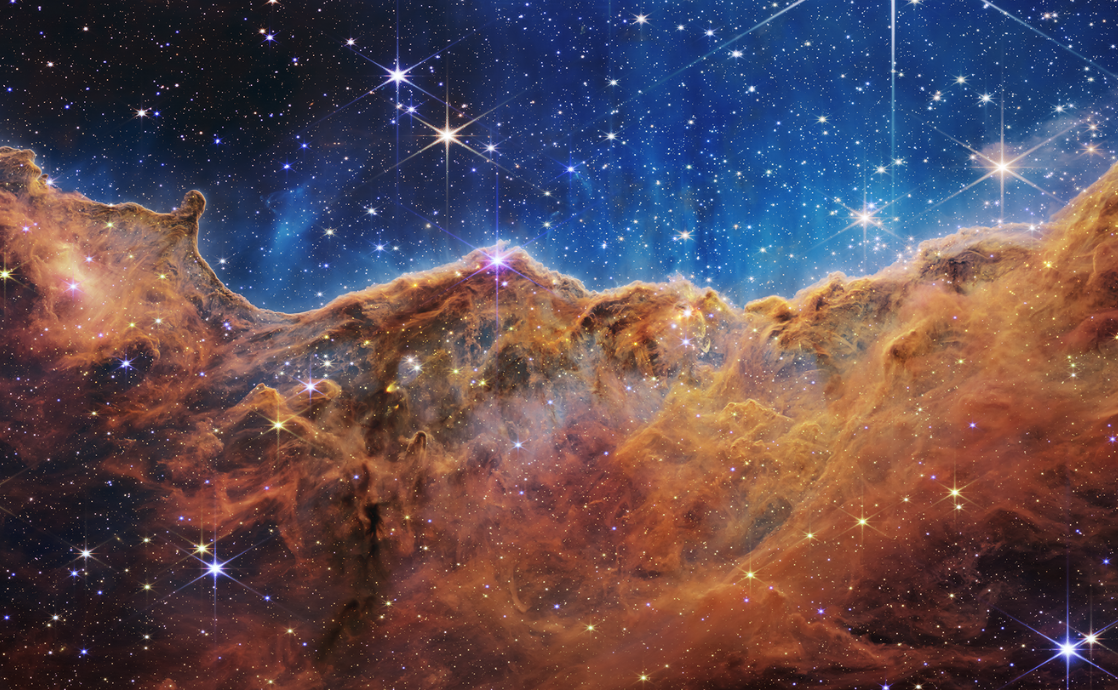The inquiry into whether the universe is fundamentally ordered or chaotic has captivated thinkers throughout history. From ancient philosophy to contemporary science, the duality of order and chaos represents a profound dichotomy that speaks to humanity’s enduring quest for understanding. In the Bahá’í teachings, this question is approached with a unique perspective that encompasses both the material and spiritual dimensions of existence.
At its core, the Bahá’í Faith posits that the universe is a manifestation of divine order. This assertion invites followers to explore the intricate interconnections within creation. The writings of Bahá’u’lláh, the founder of the Bahá’í Faith, elucidate a cosmological view wherein every atom, every celestial body, and every human being is part of a grand design imbued with purpose. Thus, the initial premise is established: the universe operates according to an underlying order, albeit one that may initially appear chaotic and unpredictable.
To comprehend this ordered nature, it is vital to examine the concept of God as the Uncaused Cause, whose will informs the laws that govern both the physical and metaphysical realms. This theistic perspective provides a framework within which the apparent randomness of events can be understood. The cosmological phenomena, from the orbits of planets to the behaviors of subatomic particles, are manifestations of divine laws that are, at times, accessible through human reason and observation. The Bahá’í teachings advocate for the harmonization of science and religion, asserting that true understanding can only be achieved when both are integrated into our worldview.
However, despite this ordered framework, chaos undeniably exists within the observable universe. The tumult of natural disasters, the unpredictability of human behavior, and the complexity of social dynamics all surface as manifestations of chaos. Bahá’ís view this chaos not as an absence of order but rather as a critical component of the universal evolution. The existence of chaos serves a purpose; it fosters growth, resilience, and adaptability. It is through navigating chaos that humanity cultivates virtues such as patience, empathy, and perseverance.
One poignant illustration within the Bahá’í context is the struggle for human unity amidst diversity. The world, rife with cultural, racial, and ideological divergences, may seem chaotic at times. Yet, Bahá’í teachings suggest that this very disarray is a precursor to a higher state of collective existence. The chaos illustrates humanity’s journey toward recognizing the oneness of mankind. In this light, the chaos of social tensions and conflicts becomes a necessary precursor to the emergence of global harmony. Bahá’u’lláh states, “The earth is but one country, and mankind its citizens,” a proclamation that signifies the potential for unity that lies within the seemingly chaotic fabric of human interactions.
Furthermore, the Bahá’í perspective on ordered and chaotic elements of the universe aligns with the concept of progressive revelation. The idea that humanity is on an evolutionary path toward a deeper understanding of spiritual and moral truths suggests a dynamic interplay between order and chaos. As society evolves, it may encounter periods of upheaval—seen as chaotic moments that challenge established norms and provoke necessary transformation. These tumultuous phases are akin to a chrysalis that, despite its disorder, ultimately facilitates the emergence of a new and more ordered state of being.
It is also essential to consider individuality in this discourse. The Bahá’í teachings emphasize that each soul is an expression of the divine potential. The unique capacities and attributes of individuals contribute to the overall order of the universe. In acknowledging both individual chaos and collective order, one discovers that personal trials and tribulations serve a greater purpose within the context of the universal order. Each person’s struggle can catalyze insight, leading not only to personal transformation but also to contributions that enhance societal harmony.
Integrating the concepts of order and chaos, Bahá’ís are encouraged to actively engage with the world. The principles of consultation, action, and service underscore the belief that humanity plays a pivotal role in shaping its collective destiny. It is through interaction with each other and the environment that this ordered chaos may be tamed into harmonious existence. The Bahá’í approach to social and environmental challenges is thus characterized by optimism; viewing chaos as a fertile ground from which creativity and innovation can spring forth.
To summarize, the Bahá’í perspective provides a compelling lens through which to examine the tension between order and chaos in the universe. Recognizing that order exists beneath the surface chaos can enrich the human experience, fostering a sense of purpose and connection. This understanding encourages individuals not merely to seek to escape chaos but to embrace it as an essential aspect of their spiritual and material evolution. Through a balanced recognition of both order and chaos, humanity can aspire to create a harmonious world aligned with divine principles, moving ever closer to the realization of a unified global community.
